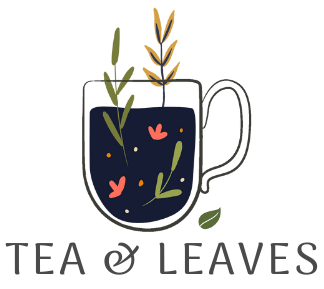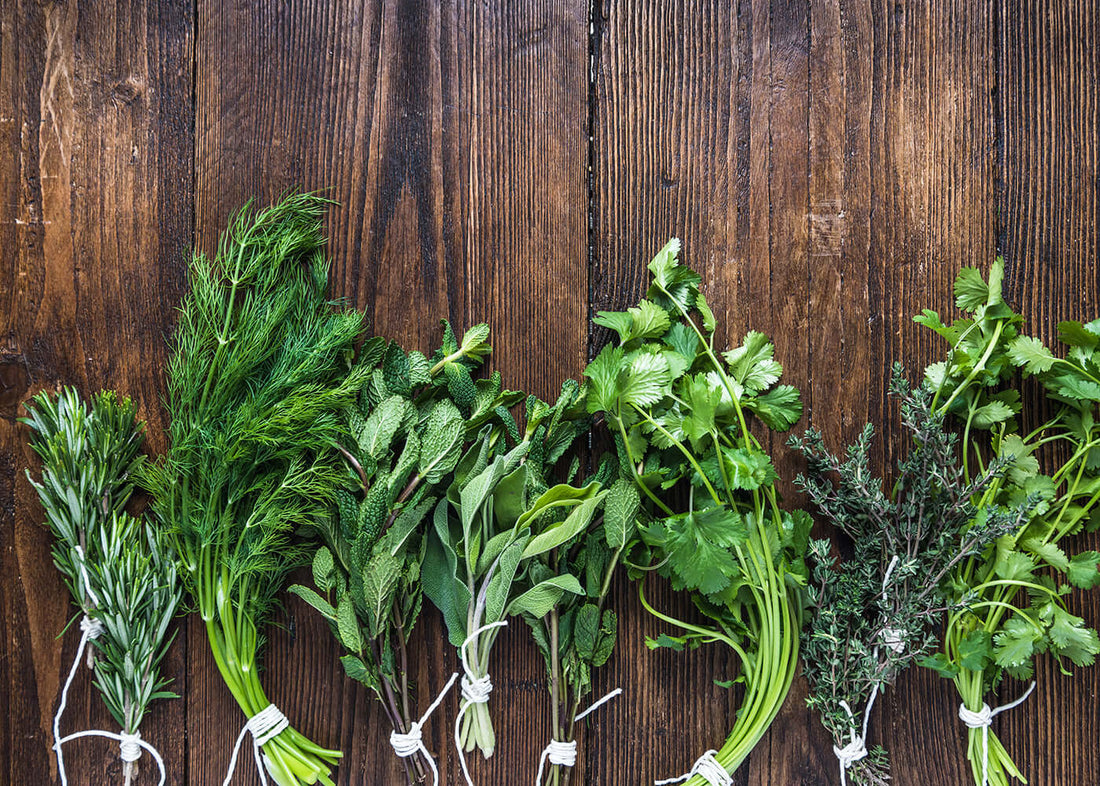Wellbeing ebbs and flows, it’s the nature of being alive, but what if there was a way to not “ebb” so far into feeling unhealthy when the tides do change?
What if there was a way to ensure your health baseline was high, and a way to make the inevitable ebbs ‘flow’ a bit smoother?
The best medicine is the medicine you enjoy taking daily; here are our favourite herbs and teas that you can lean on for lifelong vitality, and in the times when you’re not your full self.
***************************************************
Low Energy & Nutrition
It’s normal to feel a little less bouncy at times, but long-term fatigue may be a sign of something a little more ‘off’ balance in your body.
There are many reasons for low energy: from hormones, to low-grade viruses, to improper nutrition and poor sleep; these are a few of the herbs we lean on in our lower times.
Nettle
Nettle is considered an ‘adaptogen’. Adaptogens are invaluable in helping the body to adapt to long-term, low-grade stress, something we are all exposed to in our modern society whether we are conscious of it or not. Nettle is specifically beneficial for the adrenal glands.
Our adrenal glands sit just above our kidneys and are our primary response to stressors big or small: they get depleted of resources quite quickly! Stress takes energy; whether a job interview, a fleeting bad thought, or blue light from our screens, our adrenals use a heap of vitamins and minerals to keep us on our toes.
Nettle is full from leaf to needles with iron, magnesium, calcium, and all of your B vitamins: everything that gets depleted in the stress response. Needle-less (pun intended) to say, nettle is our non-negotiable life-long friend.
Ginger
Perhaps overlooked for its kitchen staple status, ginger is a little-known, largely effective energy kick.
In eastern medicine traditions ginger is understood to ‘warm’ and ‘move’ the blood. It’s spicy food, we can understand this non-literally, but ginger has also been shown to increase cardiovascular effectiveness and peripheral circulation. Your blood is full of energy-giving molecules like iron and oxygen, the more blood is moved, the more energy you feel!
Drank on a daily basis, ginger can keep you feeling zingy!
Ginger is gold for many different problems, we will meet ginger again a bit further on!
Green tea
If you’re low on energy, caffeine is not our recommended pick-me-up. Low energy often arises from vitamin or mineral depletion, and caffeine in coffee, though momentarily enlivening, often depletes this even further as it stimulates the adrenal glands (reference our “Nettle’ section for more information).
The caffeine in green tea is a little different however; studies have shown that the caffeine in green tea is significantly less than coffee, and is bound with beneficial antioxidants, helping you to curb the crash and bolt on the benefits in one.
Antioxidants, especially those found in abundance in green tea, support lifelong vitality by binding to, and disabling free radicals (stress-increasing scavengers within the body).
If low energy is your biggest kicker, we recommend keeping up with a combination of vitamin and mineral-rich, antioxidant-packed, low caffeine herbs in a soothing tea ritual.
Headaches & Your Mind
Headaches are, well… a headache. They come, they go, and why? We never know. We do know, however, that there are a few easy fallbacks for those headaches that hold you back.
Ginger
We meet again with our all-round superstar. Ginger is a winner for headaches associated with nausea and tension or the dull head associated with a full, frustrated belly.
Most tension or nausea headaches arise from tension elsewhere in the body (often, an unhappy stomach silently cramping, or anxiety that comes from within the stomach); the heat of this root keeps the blood moving, from belly to brain, reducing the likelihood of tension building from stagnation.
Ginger is full of anti-inflammatory properties that power down pain anywhere in the body.
Chamomile
If you’ve ever seen a chamomile flower, you’ll know it looks exactly how you want your mind to feel; beautiful, free, and fresh.
Chamomile is calming for the nervous system, and clearing for the mind; this delicate flower works best for those muggy headaches associated with poor sleep or pestering anxious thoughts.
Chamomile is packed with polyphenols and is well-known as an analgesic (a pain-relieving herb). We love to lean on this flower for dull, tension pain anywhere in the body, and for poor sleep.
Mints
Yes, the flavour of an after-meal moment!
The mint family is perhaps the most well-known herbs for headache relief (didn’t you know that’s why they serve them after a big meal?!).
The strong aromatic compounds of mint can be accessed purely by inhaling the steam, meaning it’s more than just nice to hold your head over your cup of steaming peppermint tea (we know you do it), it’s actually hugely medicinal, and helps to relieve head tension!
Digestion
Digestive discomfort is another deal-breaker for feeling your best: it’s unfortunately common, but not normal at all. Our all-round go-to ginger is as good as it gets for gut troubles; ginger stokes the digestive fire, eases cramping, relieves gas, and settles nausea, but there are a few other fall-backs you should know about when your gut gives you grief!
Lemon
For a sharp kick-start, lemon lightens up your digestive system for dull discomforts or difficulties such as bloating, belching, and a feeling of sluggishness.
The citric acid in lemon tea kick-starts your metabolism and cuts through ‘stuck’ gut feelings.
Fennel
Fennel is for flatulence (you can put this in your herbal ‘ABC’s). Fennel contains the compound anethole (often used as an aniseed flavouring compound) that helps relieve gas, reduce cramping, and regulate the gut microbiome to reduce the production of gas in the first place.
Sage
Another member of the mighty mint family, sage is a saviour for both headaches and digestive issues.
Sage is a bit of a plus-one: as well as containing compounds and aromatic compounds that are released in hot steam (making this a good opportunity to hover your face above your tea again!), sage also supports blood sugar control.
Sometimes, headaches are the result of a blood sugar imbalance.
If you think back to the last time you devoured bags of sugary goods and then felt a pounding headache afterward, this is essentially what happens when your response to carbohydrate-rich meals is imbalanced.
Sage helps to bring the response back to balance, which supports a healthy weight, and healthy energy levels after a meal.

Conclusion
Building a strong baseline for yourself with our herbs for health, proper nutrition, sleep, and stress release, is essential for lifelong vitality.
Of course, you could buy each of these herbs separately, but we believe a carefully curated cup of tea is the perfect solution for healthy habit-building and a moreish-tasting medicine that helps you carve out a moment of self-care.
We believe tea can be by your side, building you up for life.
(Side note: we recommend drinking your tea for 30 minutes on either side of your meal; drinking liquids with food often causes digestive discomforts, leaving you less than lively!)

